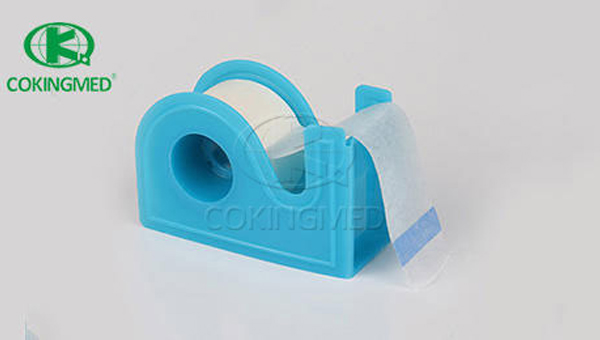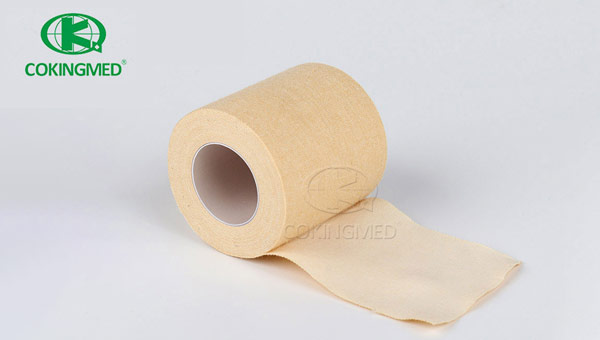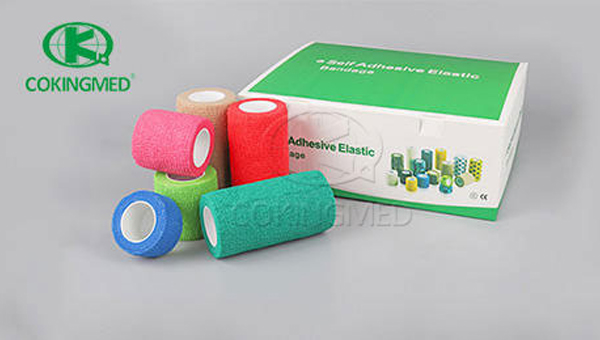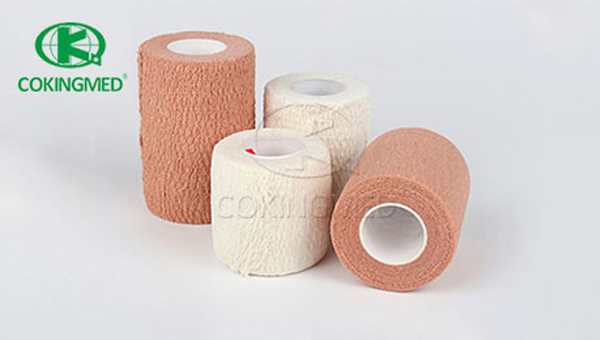when should i remove surgical tape reddit
Surgical tape is a common medical tool used in a variety of procedures, from minor surgeries to wound dressings. It’s designed to help secure bandages, support wound healing, and even hold together stitches. But if you’ve recently had surgery or a wound closed with surgical tape, you might be wondering: when should you remove it? Let’s break it down.
Understanding Surgical Tape and Its Purpose
Surgical tape is designed to adhere to the skin firmly but gently. It’s used to hold dressings in place, keep wounds clean, and sometimes even provide support to stitches or staples. Unlike regular tape, surgical tape is usually hypoallergenic and designed to be easy on sensitive or healing skin.
A common misconception is that surgical tape can be left on for a long period, but the reality is that the tape often needs to be removed at a specific time to prevent complications like skin irritation, infection, or improper healing.
When Should You Remove Surgical Tape?
The timing for removing surgical tape depends on several factors, including the type of surgery, the size and location of the wound, and the advice of your healthcare provider. However, here are some general guidelines:
Follow Medical Advice: Always listen to your doctor or surgeon. In many cases, they’ll provide a specific time frame for when the tape should be removed based on your unique situation.
Typically 5–7 Days After Surgery: For minor wounds and surgeries, surgical tape is often left on for about 5–7 days. During this time, it helps protect the wound from external contaminants and allows the incision to heal properly.
Look for Signs of Healing: If your wound is healing well—no signs of excessive swelling, redness, or drainage—it might be safe to remove the tape. Some doctors will allow you to remove the tape once the wound has closed enough to avoid reopening.
Avoid Removing Too Early: Don’t be tempted to remove the tape too early. Premature removal could disrupt the healing process, cause the wound to reopen, or expose it to potential infections.
If You Experience Skin Irritation: If you notice itching, redness, or a rash around the edges of the tape, it might be a sign that it’s time to take it off. In some cases, prolonged exposure can cause skin irritation, and removal could provide relief.
What to Do Before Removing Surgical Tape?
Before you remove surgical tape, there are a few things you should consider:
Wash Your Hands: Always wash your hands thoroughly before touching your wound or surgical tape to prevent the introduction of bacteria.
Clean the Area: If your doctor has recommended cleaning around the wound before removing the tape, gently do so with mild soap and water. Avoid harsh scrubbing.
Soften the Adhesive: Sometimes, surgical tape can be stubborn, and it may be difficult to peel off. You can soften the adhesive by gently applying a small amount of warm water or a gentle adhesive remover recommended by your doctor. This helps avoid irritating your skin.
Don’t Force It: If the tape is stuck or resistant, don’t force it. You risk damaging the skin or pulling at stitches. Instead, try moistening the area and waiting a bit longer, or consult your healthcare provider.
What Happens if You Don’t Remove the Tape in Time?
In some cases, leaving surgical tape on for too long can cause problems:
Skin Damage: Prolonged exposure can cause the skin underneath the tape to become macerated (softened by moisture), which can lead to irritation, rashes, or even skin breakdown.
Infection Risk: If the tape becomes wet or dirty and stays on too long, it can create a breeding ground for bacteria, potentially leading to infection.
Impeded Healing: Leaving tape on for too long can affect the healing process. Your wound may not be able to "breathe" properly, and this can delay the natural healing process.
FAQs About Surgical Tape
Q1: Can I remove the surgical tape myself?
Yes, but always check with your doctor first. If they say it's safe to remove it, make sure to do it gently. If you're unsure, it’s always best to schedule a follow-up appointment.
Q2: What if the surgical tape gets wet?
Surgical tape should generally remain dry to ensure it sticks properly and keeps the wound clean. If the tape does get wet, check with your healthcare provider about whether it should be replaced or if it can still be left on.
Q3: How do I know if my wound is healed enough to remove the tape?
A well-healed wound will typically have minimal redness, no drainage, and a reduced amount of swelling. If in doubt, consult your doctor before removing the tape.
Q4: Will the adhesive cause scarring when removed?
If the tape is removed gently and at the appropriate time, there should be minimal scarring. However, pulling off the tape too quickly or prematurely could cause damage to the skin and increase the risk of scarring.
Q5: Can I replace the tape with regular bandages once removed?
After the surgical tape is removed, you may need to replace it with a clean, sterile bandage or dressing to keep the wound protected, depending on your doctor’s instructions.
In conclusion, removing surgical tape at the right time is crucial for proper healing and minimizing complications. Always follow your doctor’s advice and listen to your body. If you notice anything unusual about your wound or skin reaction, don’t hesitate to reach out to a healthcare professional for guidance.








